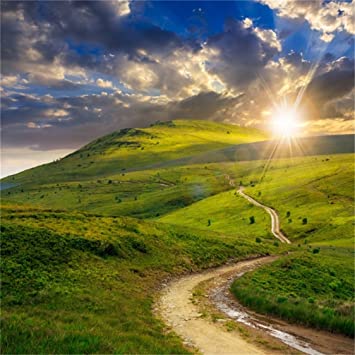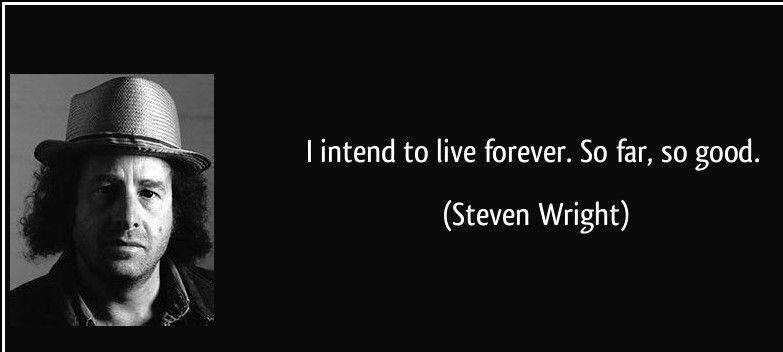
Jane Geisler, 96-years-old, is a volunteer at the Appalachian Trail train station in Pawling, New York. She greets hikers, many from New York City, who are pursuing a hiking experience at one of the Trail’s closest approaches to the city and one of the few places it can be reached by rail. Jane first hiked on the Trail more than 80 years ago, shortly after it was completed. She offers hikers advice, maps and encouragement and she describes the terrain going north and south: “Either way you go, there’s a hill. There’s always a hill.” (National Parks Magazine, Spring 2020).
I’ve done a few multi-day hikes on the Appalachian Trail, as well as a multi-day mission trip hike in Honduras, and too many day hikes to count. I love hiking although it’s been far too long since I’ve done any serious perambulating (look it up). Though I’m far from an expert in mountain hiking I absolutely agree with Ms. Geisler: “There’s always a hill.” I think that at any point you can access the Appalachian Trail from a road you have to go up, whichever direction you choose. At times, I’m sure a hiker’s favorite scripture has been Isaiah 40:4 – Let every valley be lifted up, and every mountain and hill be made low; and let the rough ground become a plain, and the rugged terrain a broad valley.
During one of those multi-day hikes I came to an realization which I’ll share in a moment. When I shared it with my fellow hikers that acted like it was a wise and thoughtful insight. One of them, a pastor, even said, “That’s a good word!” When I think about it now it just seems obvious, but God usually speaks to us very simply. Here’s the pearl of wisdom: When you’re hiking, particularly on a difficult stretch of trail, you have to be very careful to watch your footing. A misplaced step could cause a fall, a sprained ankle, or an encounter with poison ivy, among other problems. But if you’re too busy watching the path, you could easily miss the beauty around you. Beauty could be a long-range mountain vista, a blooming rhododendron, a chipmunk skittering away, the simple stillness of being among the trees, or the joy of a fellow hiker. There has to be a balance between watching the path and engaging the world around you.
As Christ-followers, we have to keep our eyes on the path, i.e., living the life we are called to. That doesn’t mean legalistic obedience to a set of rules. It certainly means following the guidelines God has given us but, more importantly, it means becoming more like Christ. It means following the path He laid out and growing as we follow that path. Each Spring many hikers set out from Springer Mountain, Georgia to hike the Appalachian Trail, yet each year only a few make it the full length to Katahdin Mountain in Maine. That hike requires commitment and discipline and a desire to complete it no matter the obstacles. Discipline and disciple come from the same root word. Discipline is not about punishment; it’s about commitment.
Yet also as Christ-followers, we must be aware of the world around us. We must appreciate the beauty and the opportunities. What a shame it would be to hike the Appalachian Trail its entire length with your head down! You would have completed the journey but not be able to tell a single story about the views, or the soaring eagle, or the mama bear with her cubs, or the grandeur of a clean blue sky seen from a mountaintop.
A level path is easy to hike. But … there’s always a hill. And sometimes the trail up that hill is a rocky scree. Sometimes you’re hiking that hill in freezing temperatures, or driving rain, or thick fog, or oppressive heat. Sometimes you fall, or twist an ankle, or get stung by a wasp. And that hill is still there; you still have to climb it.
It is fascinating that the entire world is facing a hill right now known as COVID-19. It is a massive hill and it requires us to carefully watch our footing. We watch our footing by isolation and social distancing and hand washing. We may also watch our footing by being glued to the news and online sources to keep us updated on testing, new cases and deaths. We must watch our footing but we must not obsess over it. We must also lift our heads up and see the beauty. This virus has the potential for creating bonds among people who have no other common ground because, to coin a phrase, we’re all in this together. This virus also provides opportunities to serve others and to foster communication. Yesterday, our scattered family used the Zoom app to have a wonderful conversation for nearly an hour. We laughed with sisters, kids, grandkids and cousins. We saw babies who had grown and new puppies. While we certainly keep up with each other, we probably wouldn’t have had that conversation without this crisis. We’re all looking forward to the next conversation.
In the same issue of National Parks Magazine, there was a story about a woman named Rachel Cox who had been lost in Wind Cave in South Dakota in 1989. She was separated from her team and her fuel-powered lamp went out. A massive search effort was organized and people began searching sections of the cave system that had never been explored. Rachel had been alone in the darkness for 36 hours when a rescuer found her. He said, “Rachel, are you ready to leave now?” She asked him, “Are you God?”
This is a dark time, yet it is a time for hope. What a beautiful metaphor Rachel’s story gives us! God may be found in the darkness. Yet it is profoundly humbling to realize that God is actually seeking us in the darkness. Jesus said in Luke 19:10, “For the Son of Man has come to seek and to save that which was lost.” The Creator is actively seeking us, wants to rescue us, and wants us to have a relationship with Him. Are you ready to leave the darkness and embrace the light of God’s love? It’s certainly a salvation story for those without God, but believers also find themselves in the dark, especially at times like this. God is there in the darkness.
This is a time to connect and reconnect; a time to reach out, even if that reaching doesn’t include physical touch. It’s a time for believers to shine the light they possess into the darkness around them. “You are the light of the world. a city set on a hill cannot be hidden; nor does anyone light a lamp and put it under a basket, but on the lampstand, and it gives light to all who are in the house. Let your light shine before men in such a way that they may see your good works, and glorify your Father who is in heaven.” Matthew 5:14-16
There’s always a hill, but for every uphill there is a downhill (although those can be tough on your knees!) There is light available on the other side of the darkness. This current hill may be an opportunity for you to share your joy with others. Even on the hills and mountains, we can spread the good news: “How lovely on the mountains Are the feet of him who brings good news, who announces peace and brings good news of happiness, who announces salvation, And says to Zion, “Your God reigns!” Isaiah 52:7
Continue climbing the hill. Stay safe. Wash your hands. Be smart. Shine your light.
